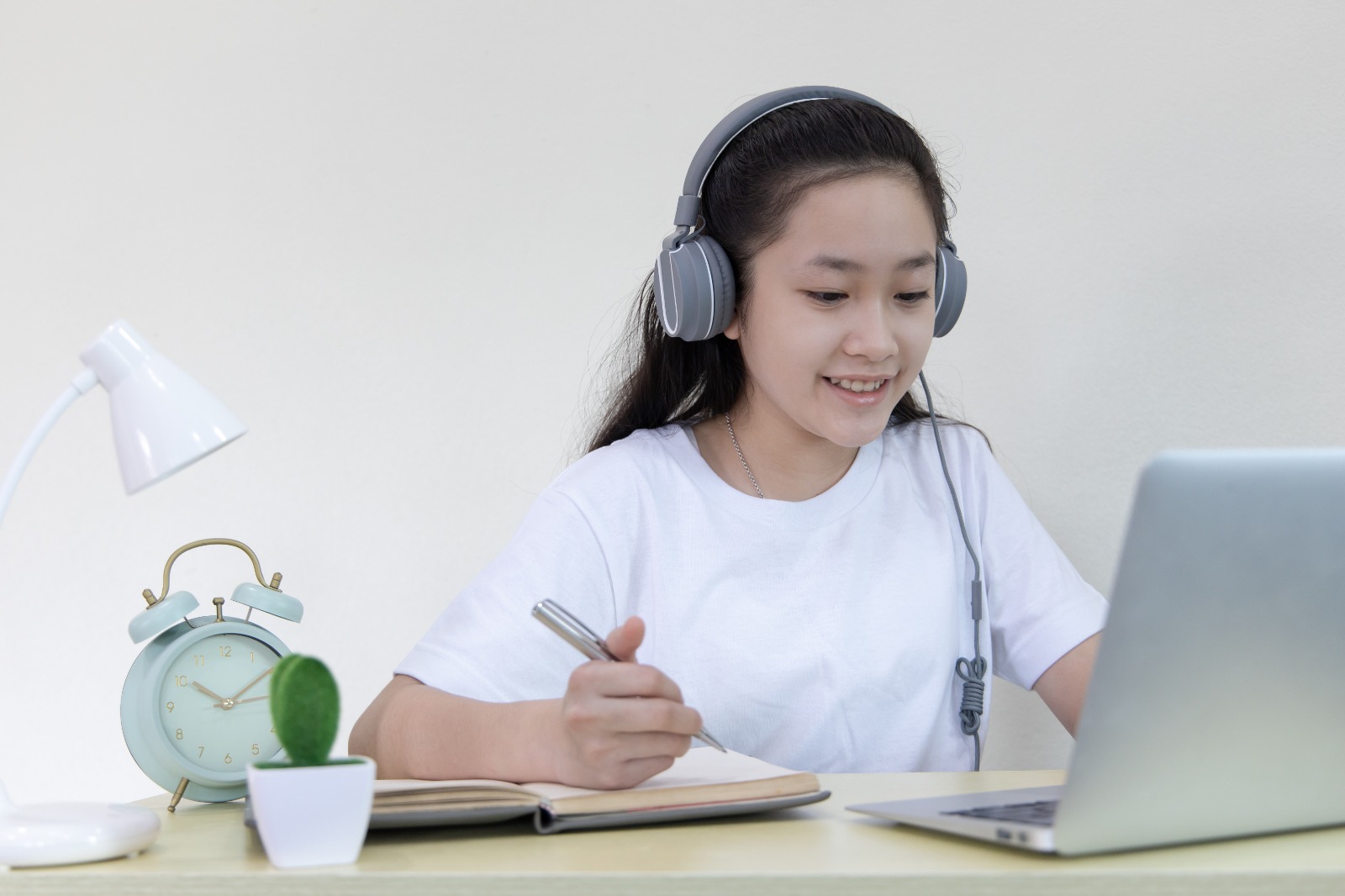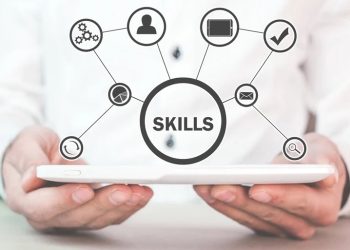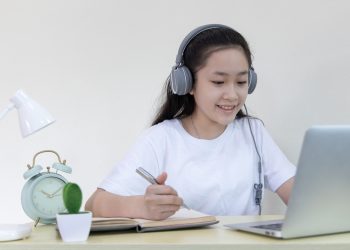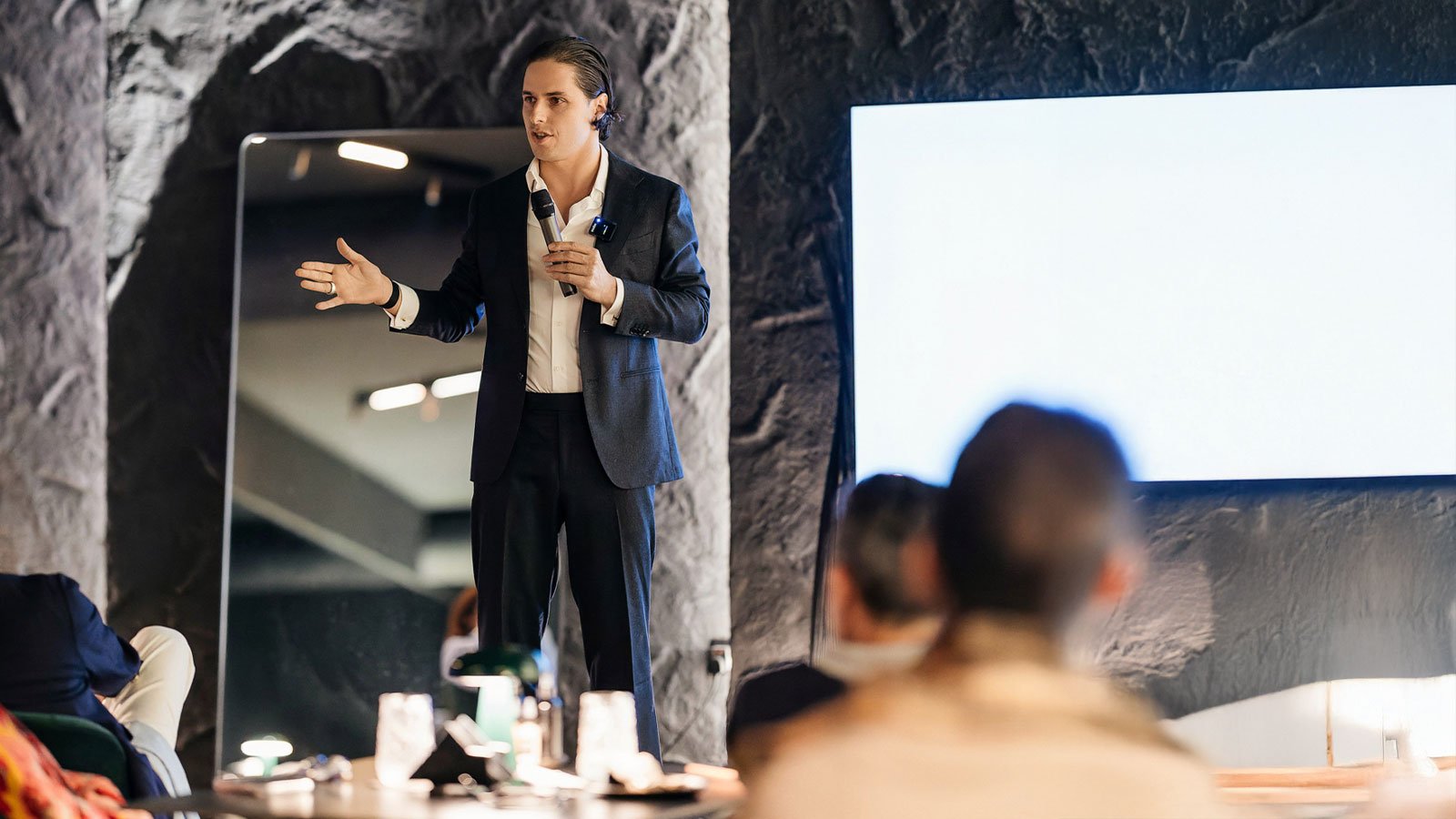
The Future of Digital Learning: How Technology is Shaping Early Childhood Education
By Rebeca Pop, Features Editor, The Wellness Collective
In a world where toddlers are swiping before they’re walking and asking Alexa questions before they can spell, digital learning is no longer a glimpse into the future—it’s the present. And like most powerful tools, it’s not about whether children should engage with technology, but how they do it, and who guides them along the way.
The shift in early childhood education is undeniable. From interactive storytelling apps to gamified math lessons and virtual phonics tutors, educational technology is now an integral part of how many children—especially in the UAE—are developing foundational skills. While this evolution comes with its share of concerns, it also unlocks immense potential when used thoughtfully and intentionally.
Digital Natives in the Nursery
In cities like Dubai and Abu Dhabi, where international schools are abundant and multilingual households are the norm, technology has become a bridge—not just to learning, but to accessibility. Educational platforms such as Khan Academy Kids, Montessori Preschool, and LingoKids are increasingly used by parents and educators alike to reinforce everything from English literacy to Arabic vocabulary.
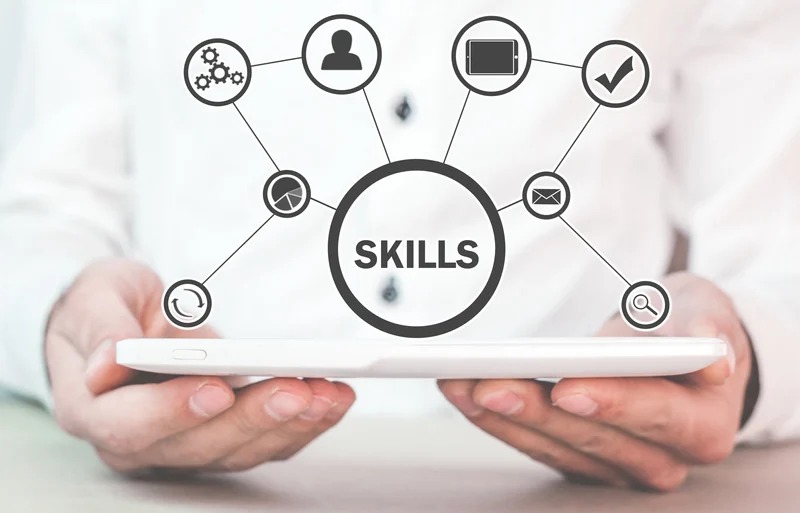
For expat families, these tools offer a sense of consistency amid change, allowing children to develop key skills at home in the same language or curriculum they’re exposed to in school.
Even the UAE’s Ministry of Education has embraced digital learning, with smart classroom initiatives and the incorporation of AI-based platforms to personalise learning journeys. For younger children, this often means bite-sized learning that feels like play—but is actually grounded in evidence-based pedagogy.
The Upside of Screen Time
It’s easy to default to scepticism when talking about screens and kids, but not all screen time is created equal. Passive consumption—like hours of YouTube cartoons—is one thing. Active, interactive learning is another.
Research shows that when educational apps are well-designed, they can support cognitive development, early literacy, and even socio-emotional growth. For example, apps that ask children to solve puzzles, match patterns, or narrate their own stories promote critical thinking and creativity. Meanwhile, digital books that include read-along functions or multi-language options help children connect sound, text, and meaning in a dynamic way.
One app that has gained popularity in UAE homes is ABCmouse, which blends animated songs with reading and math games, all tailored to a child’s age and learning level. Others like Osmo combine physical pieces with digital prompts, allowing kids to draw, build or solve problems in a tactile-meets-tech approach that feels truly magical.
Balance Is Still the Golden Rule
That said, technology should never replace human connection—especially during the early years, when social and emotional development is as important as cognitive learning. Experts universally agree: digital tools should complement, not replace, hands-on play and adult interaction.
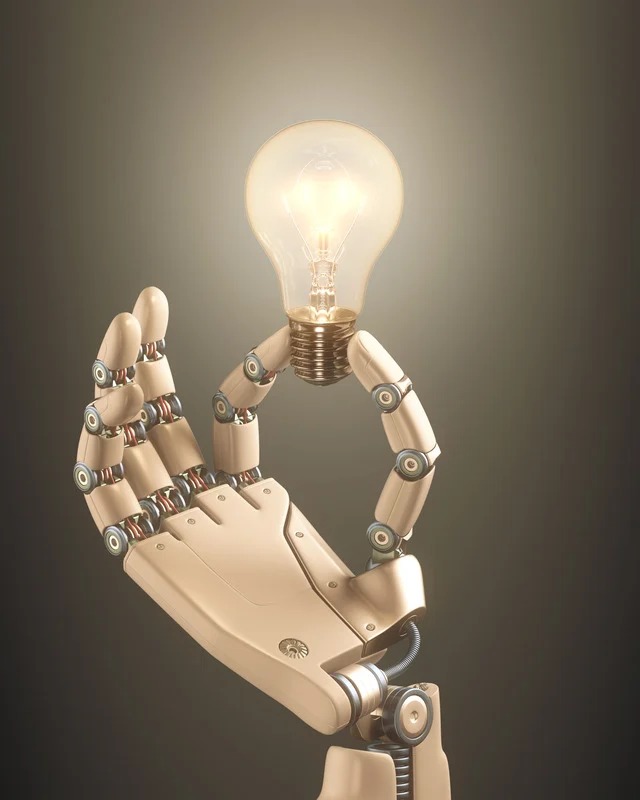
Many nurseries and kindergartens across the UAE have embraced this balanced approach. The best of them weave digital learning into a holistic model—offering interactive whiteboards and language apps alongside sensory stations, outdoor play, and social learning circles.
Parents, too, play a vital role. Co-viewing and co-playing make a world of difference. When a parent reads a digital storybook with their child or plays a counting game together, they’re not just teaching—they’re bonding. These moments build trust, language, and a shared understanding of the digital world.
Reimagining Classrooms of the Future
What does all this mean for the future? Likely, a more personalised, flexible, and inclusive version of early education. Technology has the power to adapt to each child’s pace, preferences, and needs—something even the most dedicated teacher can’t always do in a classroom of 20.
Imagine classrooms in Al Barsha or Abu Dhabi’s Saadiyat Island where children practice mindfulness through guided meditation apps, or explore the solar system with augmented reality—virtually walking on Mars without leaving the classroom rug.
But for this future to be meaningful, the human element must remain at the centre. Behind every screen must be a parent, teacher, or caregiver guiding the child’s journey—asking questions, sparking conversation, and setting limits.
Shaping the Story Together
The digital revolution in early education is happening now—and the UAE is at the forefront. With its tech-forward mindset, diverse population, and strong focus on innovation, it has the potential to lead the way in how young children learn in a digital age.
For educators, parents, and policymakers alike, the mission is clear: don’t fear the screen—shape the story. Use the tools available not just to teach letters and numbers, but to ignite curiosity, build confidence, and raise children who are not only tech-savvy but emotionally intelligent and deeply connected to the world around them.
After all, the best kind of learning—digital or not—is the kind that sparks joy, inspires wonder, and never stops evolving.
